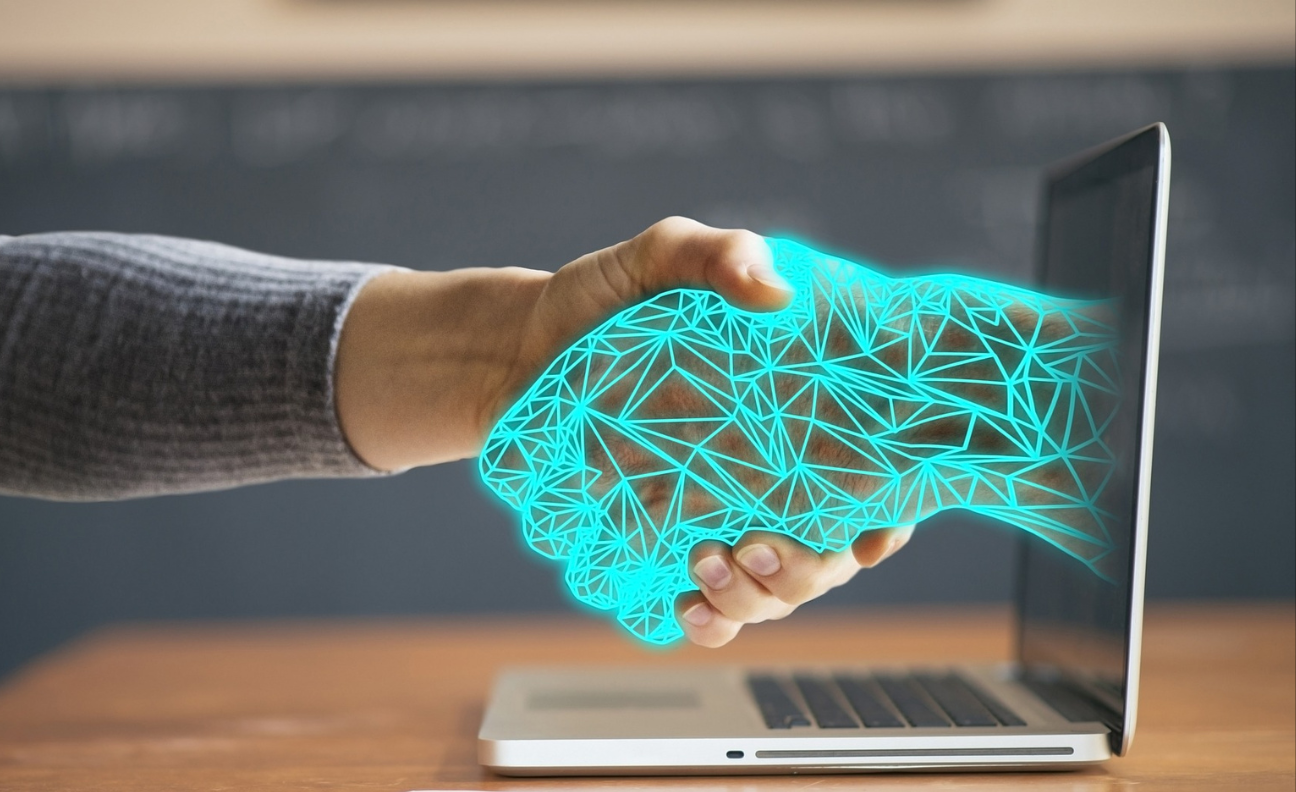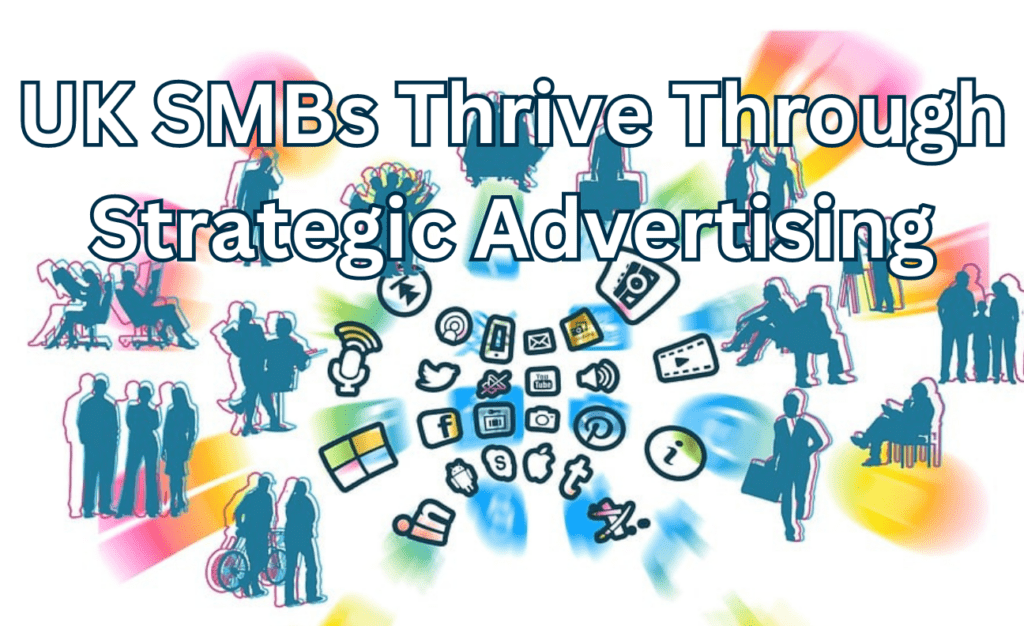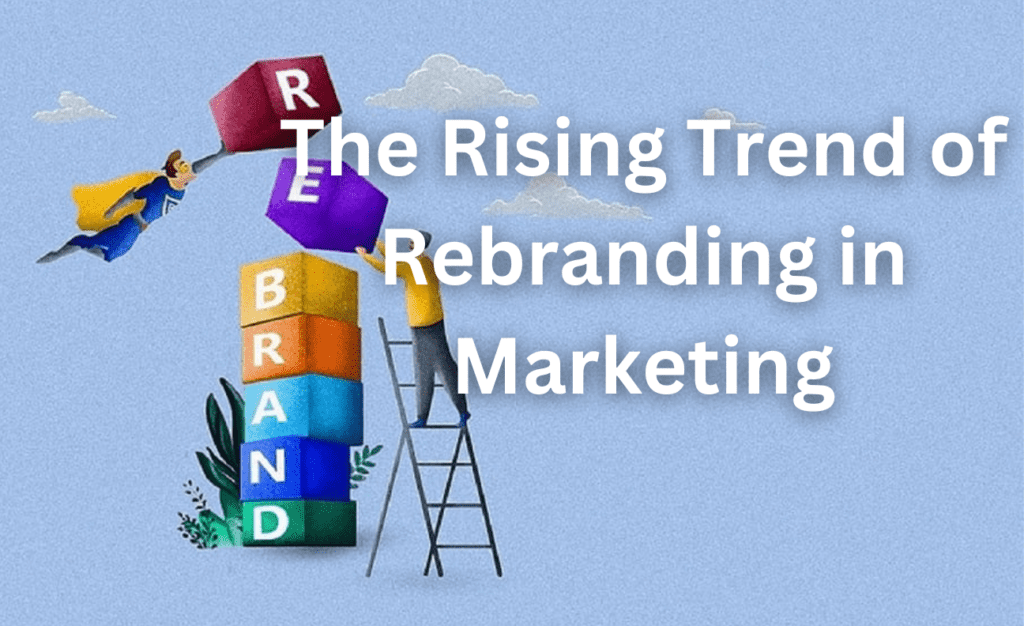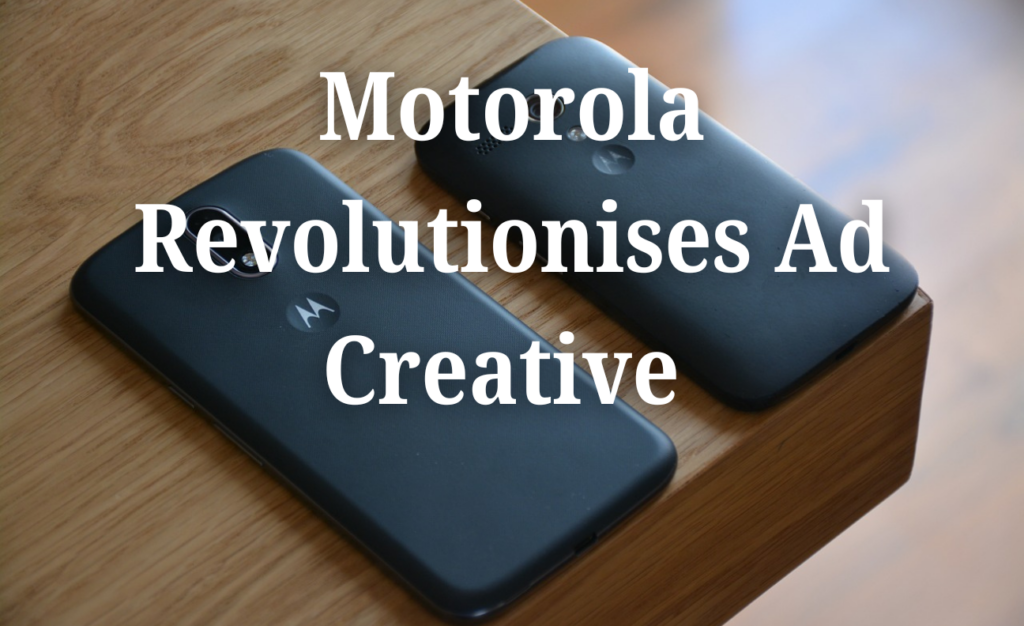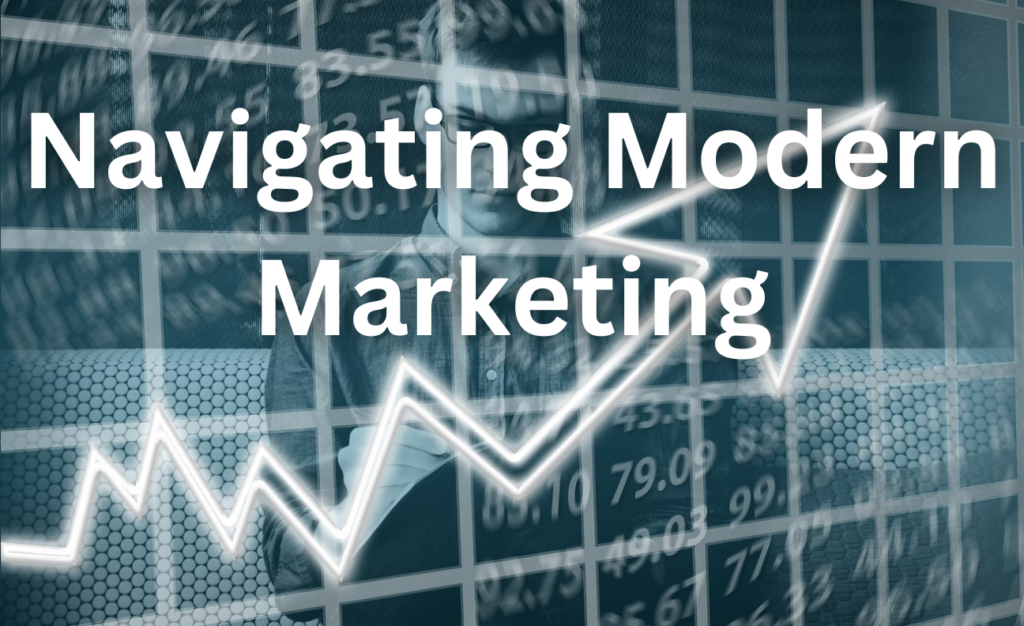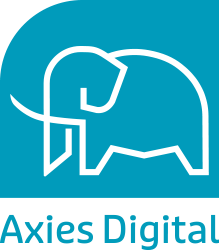As technology continues to evolve, so too does the world of marketing. In the past, most marketing campaigns were primarily run by humans. However, these days, more and more businesses are turning to automation to handle their marketing needs. There are a number of reasons why this shift is taking place, but is the shift big enough to replace humans in marketing?
The Benefits of Smart Automation
First and foremost, automation allows businesses to save time and money. With automation, businesses can set up campaigns and then let them run on autopilot. This frees up time that can be spent on other tasks, such as developing new strategies or brainstorming creative ways to reach potential customers. Additionally, automated marketing campaigns are often more cost-effective than those run by humans.
Another reason businesses are turning to automation is that it allows for more consistent and accurate results. When humans are in charge of marketing campaigns, there is always the potential for human error. This can lead to inconsistency in results, which can be frustrating for businesses (not to mention costly). Automation eliminates this problem by ensuring that campaigns are carried out exactly as they should be—every single time.
Finally, automated marketing campaigns tend to be more targeted and personal than those run by humans. This is because automation makes it possible to target specific demographics with laser precision. Additionally, automated campaign messages can be customised for each individual recipient, making them feel as though the business is speaking directly to them—which, ultimately, is the goal of any good marketing campaign.
Potential Drawbacks of Automation
While there are a number of advantages that come with replacing humans with automation in marketing, there are also some potential drawbacks worth considering.
For starters, automated marketing campaigns can sometimes come across as impersonal or even robotic—which is the last thing any business wants. Additionally, although automated messages can be customised for each individual recipient, they will never be able to replicate the warmth and personality of a human interaction. In some cases, this can lead potential customers to do business with a competitor instead.
Another downside of automated marketing is that it takes away the opportunity for employees to build relationships with customers and further hone their skills. When everything is automated, there is little room for human error—which means employees might not have the chance to learn from their mistakes and grow as professionals. Additionally, customers might not appreciate feeling like they’re being communicated with by a machine rather than an actual person—no matter how personal the message might be.
So, there is a need for finding that balance between the smart use of AI and involving skilled marketers in getting the job done. Let’s try and understand what AI can and can’t do in marketing.
What can AI already do in Marketing?
AI can already help with many marketing functions. For example, AI can be used for customer segmentation and personalisation, which allow marketers to target their messaging to specific audiences more effectively. AI can also be used in predictive analytics to anticipate customer behaviour and make better decisions based on that data. AI-powered chatbots are becoming increasingly popular as well, providing customers with quick responses to their inquiries and helping to build relationships with potential buyers. Finally, AI can help marketers automate tasks such as lead scoring and email campaigns so they can focus more of their time on other areas of marketing. All of these capabilities demonstrate how powerful and effective AI is in the modern marketing industry.
Overall, Artificial Intelligence has become a powerful tool for marketers when it comes to personalisation, customer segmentation, predictive analytics and automation. AI is already having a significant impact on the marketing industry and this is only set to grow in the coming years. By taking advantage of the powerful capabilities that AI offers, marketers can improve their campaigns and generate better results for their customers.
With AI-powered marketing solutions, businesses have more opportunities than ever before to create engaging experiences for their customers and drive business growth. Furthermore, by leveraging AI technology such as Natural Language Processing (NLP) algorithms, marketers can gain deeper insights into customer behaviour and preferences in order to tailor their messaging even further. With machine learning capabilities, companies can also build smarter models that predict customer behaviour more accurately – allowing them to make more informed decisions and optimise their campaigns. AI is set to revolutionise the marketing industry, and companies that are able to effectively utilise this powerful technology will have a significant advantage over those who don’t.
In conclusion, Artificial Intelligence has become an essential tool for businesses in today’s digital landscape. From predictive analytics to automated lead scoring, AI can help marketers better understand customer behaviour and optimise their marketing strategies accordingly. By leveraging the power of AI, marketers can create more engaging experiences for customers, improve their targeting capabilities and drive business growth. In the future we can expect to see even more applications of AI in marketing as well as deeper insights into customer preferences – making it easier than ever before for businesses to succeed in a competitive market. Saying all that, the role of AI has just begun in marketing.
What will AI be able to do in Marketing in the Future?
AI has already been used to personalise the customer experience, drive lead generation and sales, improve targeting, optimise marketing budgets and much more. In the future, AI-driven marketing strategies are likely to become even more sophisticated and widespread.
One potential use of AI in the future is advanced use of predictive analytics. Predictive analytics uses data from past campaigns to predict how customers will respond to different marketing tactics in the future. This would allow marketers to create highly personalised campaigns and better target their messages for maximum impact.
AI could also be used for automated A/B testing – a process that evaluates two versions of a web page or advertisement against each other, providing insights into which one performs better. This type of testing can help marketers make more informed decisions about the content and placement of their campaigns.
AI can also be used to automate tasks such as responding to customer inquiries, distributing newsletters and updating social media profiles. By doing these mundane tasks, marketers are freed up to focus on creative projects that require a human touch.
Finally, AI is already being used by some companies in the form of “chatbots” – software that interacts with customers via messaging apps or websites. These chatbots have the ability to answer questions, provide product recommendations or even place orders on behalf of customers. In the future, these technology-driven assistants could become even more advanced and capable of providing an even better customer experience.
Overall, AI has already shown tremendous potential in the marketing field and is likely to continue improving over time. By leveraging artificial intelligence, marketers are able to create more efficient and effective campaigns that help them better reach their target audience. As AI becomes increasingly sophisticated, marketers should be prepared to take full advantage of its potential benefits.
Will AI Replace Marketers?
The answer to this question is not a simple yes or no – it depends on the type of marketing you do and how AI can help optimise your processes. AI may not completely replace marketers, but it will certainly reshape the way they work. For example, AI-powered tools like social media bots can automate mundane tasks such as responding to customer queries or scheduling posts, freeing up more time for marketers to focus on creative strategies and other value-added activities. Additionally, AI can be used to better understand customers by leveraging big data sets, which helps create more targeted and personalised campaigns that are tailored to specific audiences. In short, while AI won’t necessarily take over all of a marketer’s responsibilities, it has the potential to make jobs more efficient and effective.
In the end, it is up to marketers to decide how much AI they want to incorporate into their day-to-day operations. With more advanced AI tools becoming available every day, it’s important to stay ahead of the curve by taking advantage of these opportunities and leveraging them for maximum effect. By doing so, marketers can ensure their workflow remains productive and innovative in an ever-changing digital landscape.
The bottom line is that AI will not completely replace marketers, but it can be used to optimise their workflow and enable more efficient ways of working. It is up to marketers to decide how they want to use AI in order to remain competitive in an increasingly digital world. By staying ahead of the curve and embracing new technologies, marketing professionals can succeed in the evolving digital landscape.
How will AI Make the Life of Marketers Easier in the Future?
AI will revolutionise the way marketers work in the future. By augmenting human capabilities, AI can automate tedious tasks and provide valuable insights from large amounts of data. Marketers will be able to use AI-powered tools for predictive analytics and customer segmentation to better understand their customers’ needs, enabling them to create more effective campaigns that drive sales and brand loyalty. AI can also help optimise creative processes by automating production, personalising content and selecting the best media channels for each audience targeting. Finally, it can help with marketing automation and streamlining processes such as email marketing, programmatic advertising and social media management. The possibilities are endless!
In the future, AI will play a huge role in helping marketers make informed decisions quickly, allowing them to focus on what really matters: creating meaningful connections with their customers. With AI-driven tools, marketers will have all the data they need to craft campaigns that are both effective and personal, leading to better customer relationships and higher returns for their organisations.
What can AI not do in Marketing?
Though AI technology offers great potential for marketers to optimise campaigns and improve outcomes, it has its own limitations. AI cannot replace creative thinking or take the place of human judgement. It is unable to develop new strategies, target customers in innovative ways, or create emotionally resonant content that appeals to consumers. Additionally, AI systems are limited in their ability to interpret data accurately and generate meaningful insights from it. They also require a large amount of data to work with which can be difficult for small businesses to provide. Finally, due to the changing nature of the marketing landscape, AI technology needs regular updates and changes to stay relevant. For this reason, marketers should be wary of relying too heavily on automated processes and instead use them as an aid rather than a substitute for human decision-making.
In summary, although AI can provide great insights and capabilities to marketers, it cannot fully replace the important role of humans in the marketing process. With the right strategy and implementation, however, AI technology can be a powerful tool that helps marketers improve their campaigns and drive better outcomes.
Conclusion
AI technology has the potential to revolutionise the way marketers work, from automating production and personalising content to providing insights into customer behaviour. In order for this technology to be successful, marketers must understand how it works and how best to leverage its capabilities for maximum effect. By taking advantage of these opportunities, digital marketers can remain competitive in an ever-changing landscape, leading to better customer relationships and higher returns for their organisations.

